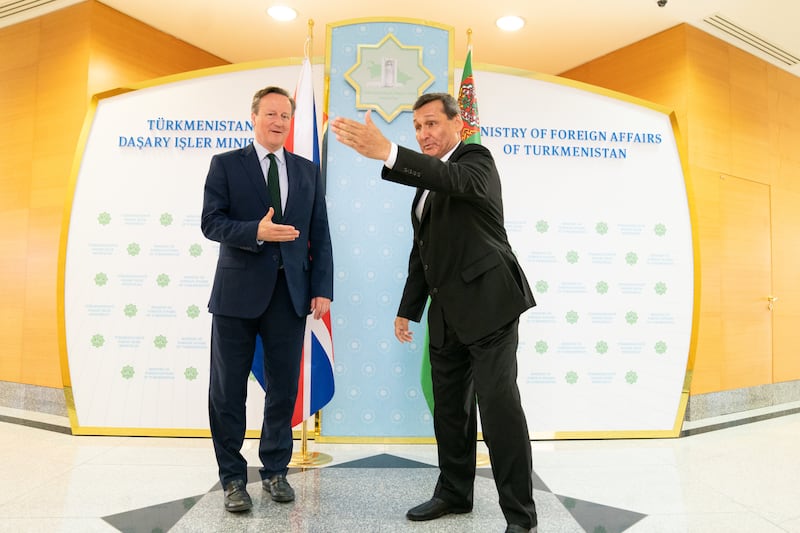The tide of scandal surrounding the DUP is still steadily rising and the latest developments over the full extent of its cash links to the pro-Brexit campaign are causing considerable alarm on both sides of the Irish Sea.
There has been concern for some time about the party's initially bizarre decision on the eve of the EU referendum last June to take out highly expensive advertising in the Metro newspaper, which only circulates in Britain where the DUP does not field candidates.
It was a hugely ambitious initiative, involving four pages wrapped around the outside of the daily title, which is distributed in London and other main British cities, urging a leave vote at an estimated cost of well over £250,000.
The vast majority of Metro readers had probably never heard of the DUP, and may well have been bemused if they had noticed the party's low-key acknowledgment in the course of a strident attempt to influence their intentions in a vital debate.
However, they could hardly have avoided the central message which encouraged hostility towards the EU and promoted scare-mongering over migration which has subsequently proved to be almost entirely without foundation.
It has since emerged that the DUP's intervention was officially regarded as separate from the strict spending limits placed on both the registered leave and remain groups in a bitter contest which resulted in a very narrow overall victory for the former, even though Northern Ireland and Scotland decisively voted to stay in the EU.
When questioned over recent days about the Renewable Heat Incentive (RHI) debacle, and a range of other controversies which have seriously damaged the DUP, party leader Arlene Foster said the Metro advertisement had been covered by a donation which she insisted had been `properly put to the Electoral Commission.'
She declined to reveal where the money came from, and, astonishingly, told the BBC that she could not recall the actual amount her party had received from the undisclosed benefactor.
What we do know is that a sum which may well be in excess of a quarter of a million pounds was directed towards a jurisdiction where the DUP does not bother to contest elections, an unprecedented approach by a political party anywhere in these islands.
There have been claims that the affair was not in breach of the letter of the Electoral Commission regulations, but there will be a strong feeling that it was against the spirit of all known conventions in the sector.
The DUP needs to address the increasingly damaging perceptions about its financial dealings by making an immediate declaration of the size and the source of the windfall it invested in the now notorious Metro advertisement.







